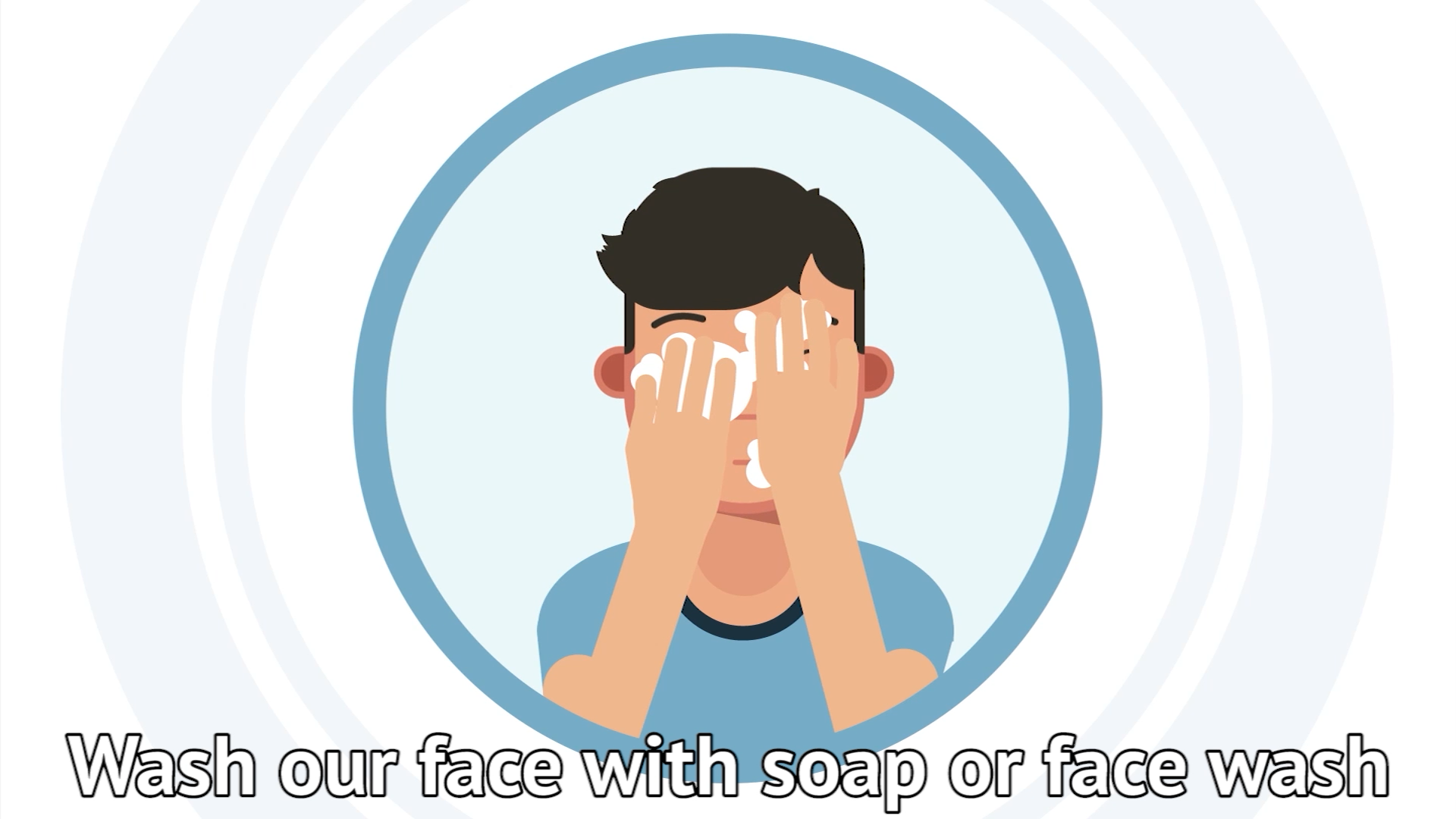Introduction
Hygiene is an essential aspect of our daily lives that contributes to our overall health and well-being. It also plays a crucial role in our social interactions, as good hygiene makes other people feel comfortable around us. As educators, teaching students about the importance of maintaining good hygiene is a vital part of their personal development and social-emotional learning. In this blog post, we will discuss an easy, no-prep activity to teach students about hygiene, followed by discussion questions, related skills, and next steps to further explore this topic.
No-Prep Activity: The Hygiene Checklist
One simple way to teach students about hygiene is through a no-prep activity called “The Hygiene Checklist.” This activity helps students become more aware of their daily hygiene habits and encourages them to adopt a consistent routine. Here’s how it works:
- Ask students to create a list of daily hygiene tasks they should complete every morning before coming to school. The list should include tasks such as washing hands, washing face, cleaning any cuts or pimples, brushing teeth, getting dressed in clean clothes, applying deodorant, and brushing hair.
- Encourage students to add any additional tasks that are relevant to their personal hygiene routines, such as showering or using specific skincare products.
- Ask students to keep this checklist in a visible place, like on their bathroom mirror or bedroom door, as a daily reminder.
- Encourage students to review their checklist every morning and make sure they complete all the tasks before leaving for school.
This activity helps students develop a consistent hygiene routine and reinforces the importance of taking care of their bodies to stay healthy and make others feel comfortable around them.
Discussion Questions
Use these discussion questions to engage students in further conversations about the importance of good hygiene:
- Why is it essential to maintain good hygiene every day? How does it impact our health and social interactions?
- What are some consequences of not practicing good hygiene? How can it affect our relationships with others and our self-esteem?
- Can you think of any additional hygiene tasks that you might need to include in your daily routine? Why are these tasks important?
- How can we help remind ourselves and others to practice good hygiene every day? What strategies can we use to ensure we are consistent in maintaining our hygiene routines?
- Why is it important to discuss hygiene with our peers and educators? How can open communication about this topic help us improve our habits and support each other?
Related Skills
Besides hygiene, there are several other related skills that contribute to students’ overall personal development and social-emotional learning. Some of these skills include:
- Self-awareness: Understanding our own feelings, emotions, and thoughts, and recognizing how our hygiene habits impact our interactions with others.
- Self-management: Developing healthy routines and habits to take care of our bodies and minds, including maintaining good hygiene practices.
- Social awareness: Understanding how our hygiene habits affect the people around us and being empathetic to their feelings and perspectives.
- Relationship skills: Building positive relationships with others by practicing good hygiene and being respectful of their comfort levels and boundaries.
- Responsible decision-making: Making informed choices about our hygiene habits and understanding the consequences of our actions on our health and relationships.
Next Steps
Teaching students about the importance of good hygiene is an essential aspect of their personal development and social-emotional learning. To further explore this topic and access more resources, sign up for free samples of hygiene-related activities and other social-emotional learning materials at Everyday Speech.











